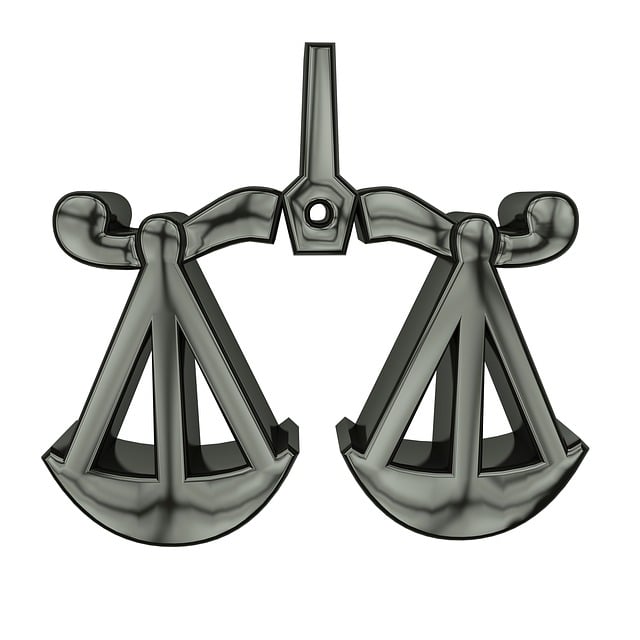RF Regulatory Agency investigations are crucial for ensuring industries, especially those using RF technologies, meet safety standards in environmental regulations. To navigate these complex processes and avoid litigation, businesses should employ proactive measures like engaging experienced legal counsel specializing in white-collar crimes. Understanding common triggers, maintaining up-to-date permits, thorough records, and conducting regular internal audits are key to preparation. A strategic approach involves gathering evidence, identifying violations, and cooperating with regulatory bodies during investigations. Specialized legal teams can guide clients through outcomes ranging from fines to criminal charges, focusing on mitigating penalties and promoting future compliance.
“Unraveling RF Regulatory Agency Investigations: A Comprehensive Guide. In today’s tech-driven landscape, understanding environmental regulations, especially those involving radiofrequency (RF) technologies, is paramount for businesses. This article offers a deep dive into the intricacies of these investigations, from triggers and preparations to navigating the process and potential outcomes. By exploring key aspects of RF regulatory compliance, organizations can ensure they’re equipped to manage investigations, mitigate risks, and successfully defend against litigation—essential insights for any company navigating environmental regulations.”
- Understanding RF Regulatory Agency Investigations
- Common Triggers and Pre-Investigation Preparations
- Navigating the Investigation Process and Potential Outcomes
Understanding RF Regulatory Agency Investigations

RF Regulatory Agency investigations are a critical aspect of ensuring compliance with environmental regulations, particularly in industries that deal with radiofrequency (RF) technologies. These inquiries can be complex and far-reaching, as they aim to protect public health and the environment from potential hazards associated with RF emissions. Understanding the process is essential for businesses operating in this sector.
Navigating environmental regulations litigation requires a strategic approach. Companies should be aware that these investigations often involve rigorous data collection, analysis, and interpretation. An unprecedented track record of success in white collar defense cases highlights the importance of proactive measures. By employing experienced legal counsel specializing in white-collar and economic crimes, businesses can effectively manage risks, prepare for potential audits, and ensure compliance with RF regulatory standards. This proactive strategy is key to minimizing disruptions and maintaining a strong position during investigations.
Common Triggers and Pre-Investigation Preparations

When it comes to RF Regulatory Agency investigations, understanding common triggers is key for any organization. These investigations often arise from non-compliance with environmental regulations, such as unauthorized emissions or improper handling of hazardous materials. Other triggers include citizen complaints and referrals from other agencies. To prepare for a potential investigation, companies should ensure they have up-to-date permits and licenses, maintain thorough records of operations, and conduct regular internal audits to identify and rectify any non-compliance issues.
A robust general criminal defense strategy is essential to effectively navigate these investigations. This includes documenting all relevant procedures and training sessions related to environmental compliance. By demonstrating a good-faith effort to adhere to regulations, organizations can work towards achieving a complete dismissal of all charges. Moreover, having a comprehensive understanding of the specific laws and guidelines across the country can significantly aid in pre-investigation preparations, ensuring that companies are not only compliant but also ready to defend their practices should an investigation arise.
Navigating the Investigation Process and Potential Outcomes

Navigating the investigation process is a complex task that requires a strategic approach. When facing RF Regulatory Agency investigations, understanding the mechanics of this process can significantly impact outcomes. The initial stage involves gathering evidence and identifying potential violations. This may include reviewing documents, conducting interviews, and examining equipment. Throughout all stages of the investigative and enforcement process, it’s crucial to maintain transparency and cooperate with regulatory bodies. A proactive approach, employing a dedicated legal team specializing in white-collar defense, can help corporate and individual clients protect their rights and interests.
Potential outcomes vary based on the severity of violations and the agency’s findings. In some cases, non-compliance may result in monetary fines or temporary equipment shutdowns. More severe instances could lead to criminal charges for individuals or even dissolution of a company. However, with effective legal representation, clients can advocate for reduced penalties or alternative resolutions. The goal is to mitigate harm while ensuring compliance with environmental regulations going forward.
RF Regulatory Agency investigations can be complex, but understanding the process is key to effective navigation. By recognizing common triggers, preparing thoroughly before an investigation begins, and familiarizing oneself with potential outcomes, businesses can proactively manage these proceedings. Remember, adhering to environmental regulations is not just about compliance; it’s about ensuring a sustainable future for all. Learn from each step, and use this knowledge to enhance your organization’s approach to navigating regulatory challenges, ultimately fostering a culture of responsible growth.






